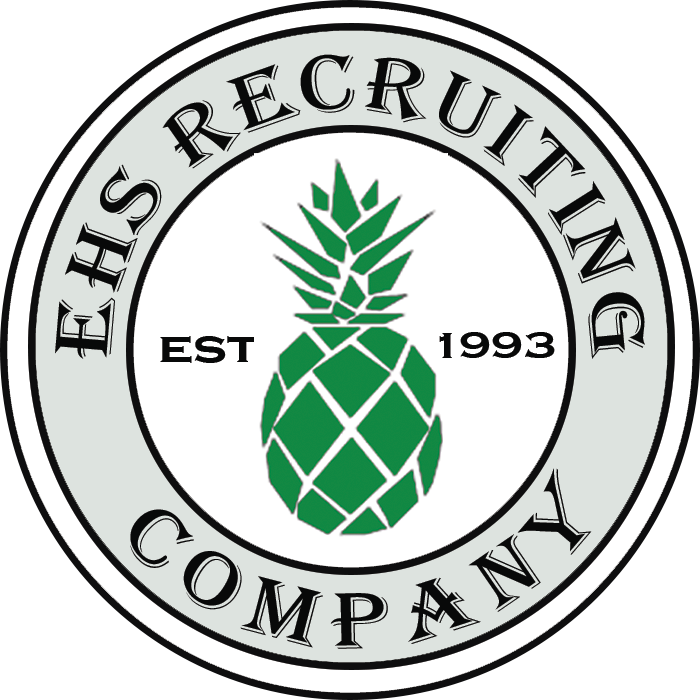Candidate Resources
THE DO’S AND DONT’S OF THE INTERVIEW
In an interview, it’s not always just what you say that is important, but also how you say it and how you look when you are saying it. Despite answering all questions thrown at you with precision and confidence, if your body language is weak, your overall image may be perceived in this way, too. In order to make sure you physical actions and gestures are conveying the right message, here are a few dos and don’ts to keep in mind. While they alone won’t win you the big job, they can certainly help or hurt your chances in a pinch.
DO enter the room confidently. When you meet your interviewer for the first time, hold your head up, put on a smile, and be sure you look like you are enthusiastic about the opportunity. Interviews are not fun, but if you go into it anticipating torture, your body language will reflect this attitude.
DON’T shake hands like a dead fish. In any professional environment, a handshake can say a lot about a person. Make sure your handshake is firm, not timid and limp. In the same respect, don’t overdo it. You certainly don’t want to be remembered as someone who broke the interviewer’s fingers!
DO try to mirror your interviewer. Mirroring the body position of the person you are talking to is a natural tendency, and this strategy often results in a more relaxed atmosphere. Pay attention to your interviewer and try to mirror his or her attitude and actions in a subtle way. If your interviewer is extremely upbeat and enthusiastic, try to pick up on that emotion. In the same respect, if he or she is more subdued, it is best to follow the same rule. This doesn’t mean, however, doing everything your interviewer does. You want the environment to be comfortable – not creepy.
DON’T swing your legs, tap your feet, twirl your hair, wring your hands, or bite your fingernails. All of these actions demonstrate lack of confidence and fear and can be extremely distracting. You want to make sure your interviewer concentrates on your great answers, not your fidgety behavior.
DO pay attention to your posture. It sounds elementary, but sitting up straight and having good posture will tell your interviewer that you are confident and have a strong personality, while slouching will paint you as lazy and weak. As uncomfortable as you might be in that business suit, sit up straight and keep your head up.
DON’T cross your arms in front of your body. Sitting with your arms crossed in front of you indicates defensiveness, resistance, aggressiveness or a closed mind. Use your hands to be expressive when you are talking. When the interviewer is speaking, keep your hands folded in your lap, rested on the arms of your chair, or in another position that is lower than your elbows.
DO make and keep eye contact. Failing to make eye contact with your interviewer will keep you from truly connecting with him or her, and might make you seem shy or even evasive. Yes, making eye contact can be uncomfortable, but it is an important tactic. Similarly, try to utilize other body expressions that demonstrate interest, such as nodding, tilting your head, or raising your eyebrows when the other person is making a point.
DON’T change positions often. It’s hard to say whether having your legs crossed or feet flat on the floor is better. The key thing to remember is to find a position for your legs that is comfortable and try to stick with it. Constant shifting is distracting and can make a candidate seem untrustworthy. If you do opt to cross your legs, make sure they are crossed all the way. Resting your ankle on your knee will come across as too casual and even overconfident.
DO pay attention to your tone of voice. Just like your physical motions, your tone of voice says a lot about you. Be sure to answer questions in a strong, consistent tone. Avoid wavering or talking too softly, mumbling or speaking too quickly. A good thing to remember before answering a question is to take a deep breath, think for a second, and then begin to answer. This will help you calm your nerves and will give you the opportunity to “look before you leap” when it comes to your important answers.

